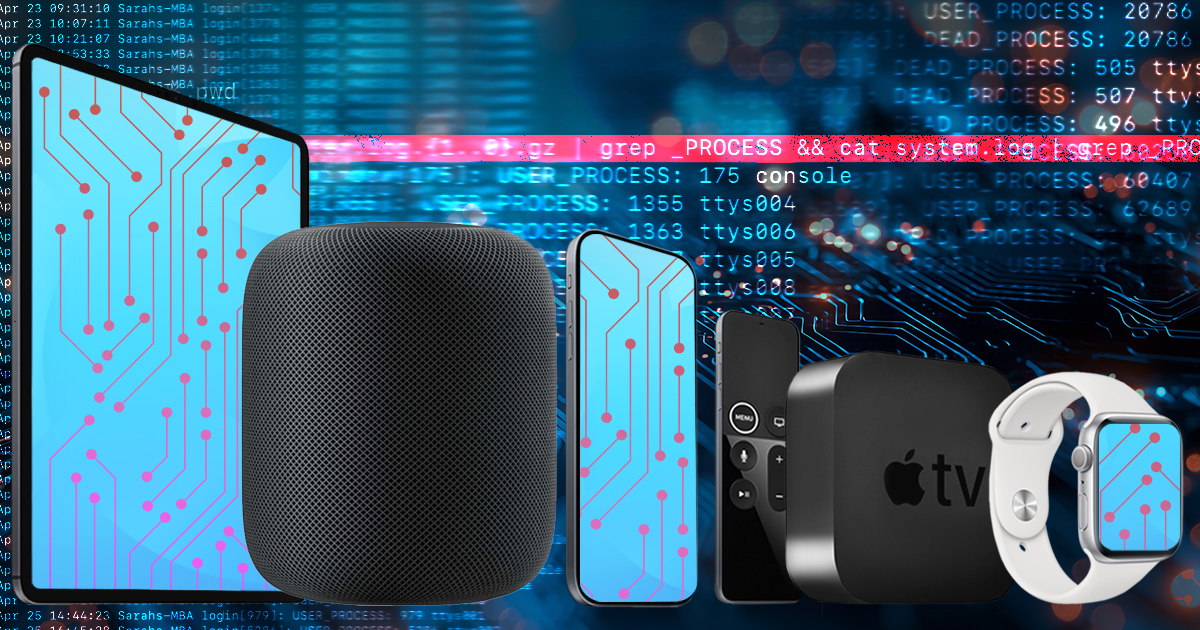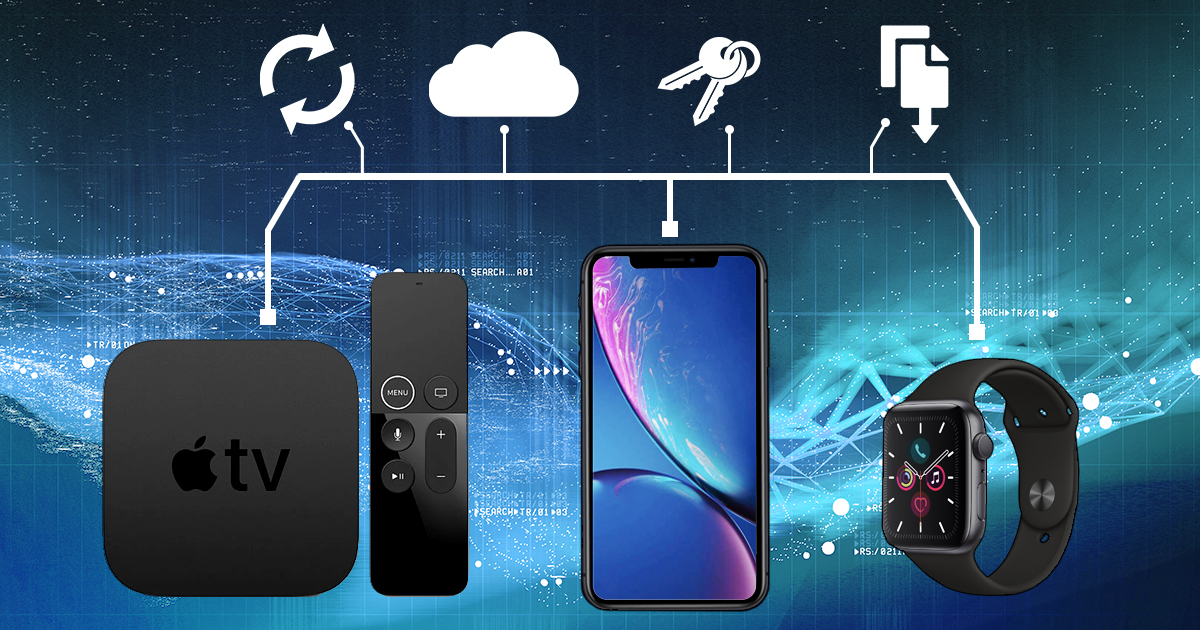Tom’s Hardware has tested two mainstream NVIDIA cards (GeForce 9600 GT and GeForce 9800 GTX) on several CUDA-enabled applications. The applications were:
Today’s businesses are very mobile. Sometimes you don’t even need to have a conventional office, it becomes virtual, it is always with you in your mobile phones, netbooks and laptops. Such mobile mini-offices stuffed with corporate documents and reports, partners’ data, confidencial correspondence, access passwords are in danger of being stolen, both virtually and physically. You can try to protect your laptop using laptop security cable locks but what if it was stolen? Let all your information go into adversary’s hands? Do you _really_ think that your Windows logon password is an impenetrable barrier for the adversary? Have you heard of Elcomsoft System Recovery? You still think your laptop is secure because you have BIOS password and/or partial drive encryption? Read an article by Kevin Beaver ‘Securing corporate data on your laptops’ , take off rose-colored glasses and revise your laptop security as suggested in Kevin’s step-by-step outline.
Probably you’ve already heard about this vicious circle thousand times:
Apart from official IT Security events, London ethical hackers like to organize monthly meetings such as DC4420 in clubs, sometimes changing their location. In an informal manner they exchange their experience, represent new ideas and technologies.
Do you still reuse passwords? The recent study from University of California shows again that such a bad habit continues to exist. The worst thing about reusing passwords is that it doesn’t require being a technically skilled hacker to guess your password for this or that document.
There is a lot of speculation about what has happened between Elcomsoft and PGP here on Infosecurity Europe 2009 in London, so I would like to share my own point of view which may or may not coincide with Elcomsoft’s.
We never thought that our participation would bring such kind of trouble (or at least a disappointment).


